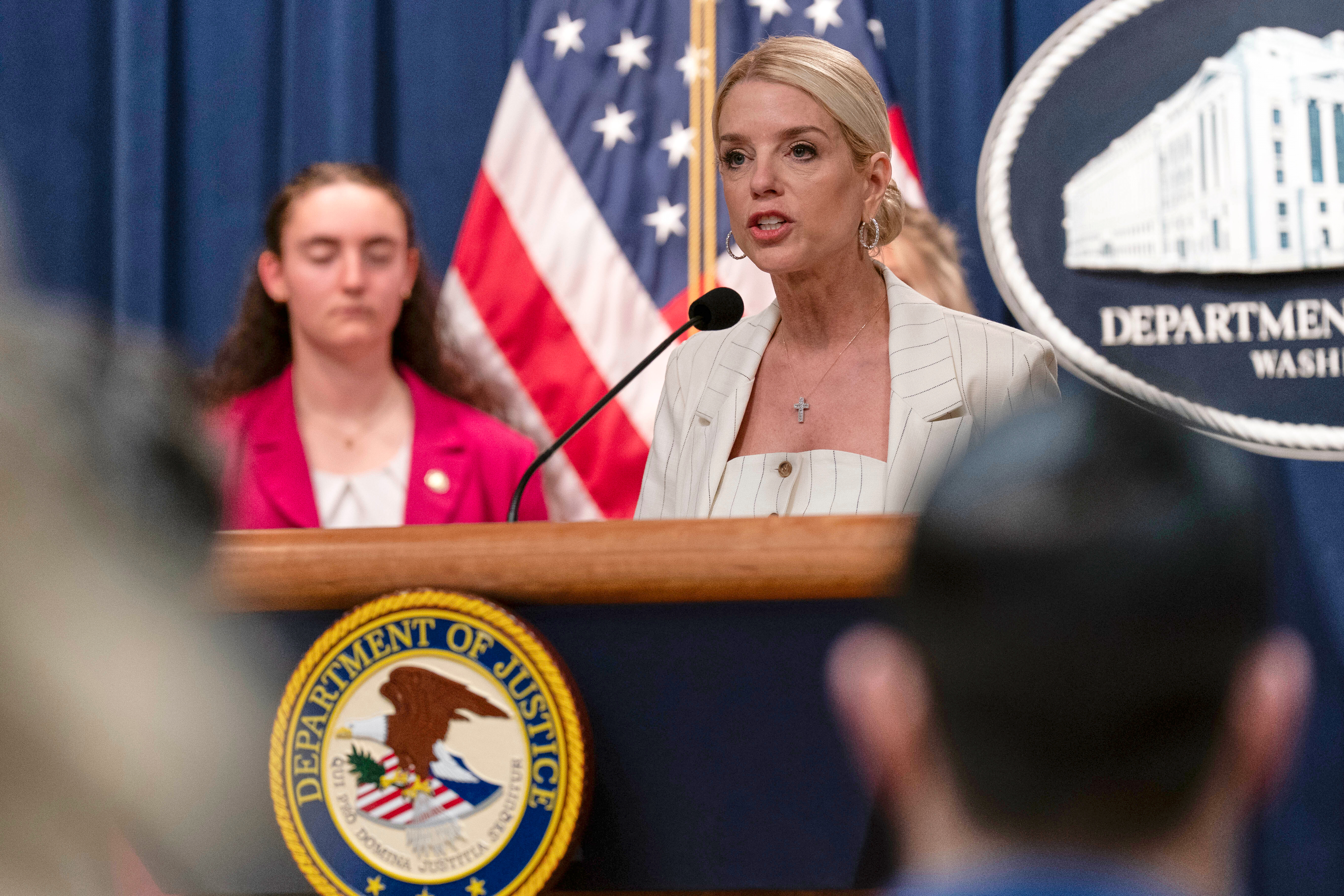It’s called “Restoration of Light Day” in South Korea.
On Aug. 15, Koreans around the world celebrated Korean Independence Day, the National Liberation Day of Korea.
This is one of the most important public holidays in the Korean calendar called Gwangbokjeol in South Korea, literally meaning restoration of light. The day marks the liberation of Korea from 35 years of Japanese colonial rule on Aug. 15, 1945.
More than 200 Korean Americans in New York City and New Jersey commemorated the day with a flag-raising ceremony at Bowling Green Park in Manhattan.
There are more than 1.9 million Korean Americans in the United States, according toPew Research Center, and more than 220,000 in the New York City/New Jersey area.
For Korean American immigrant Brian Jon of Tenafly, New Jersey, celebrating Korean Independence Day recognizes the histories that have contributed to shaping the United States of America.
Having a melting pot nation means it’s important to remember stories of nations like Korea that have struggled for their independence, said Jon, founder of the Asian American Youth Council.

Divided on affirmative action, Asian Americans unite against personal scores
Asian Americans speak out about Harvard's ratings on courage and likability during the admissions process.
Korean Independence Day serves as a reminder of the sacrifices made by freedom fighters, but it also underscores the interconnectedness of nations, Jon said.
“Celebrating Korean Independence Day enhances our appreciation for the contributions of different cultures to the American story, fostering a sense of unity that transcends backgrounds and origins,” Jon said.
Korean Independence Day is celebrated by both South Korea and North Korea. In South Korea, it is known as Gwangbokjeol. In North Korea, it is known as Chogukhaebangui nal, or Liberation of the Fatherland Day.










